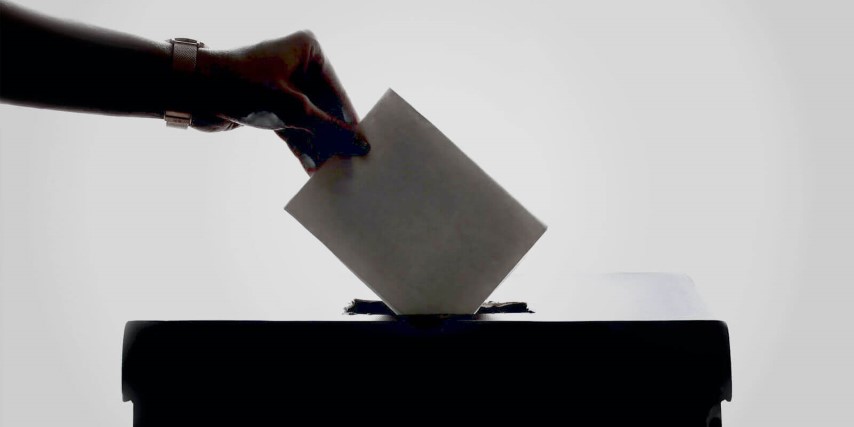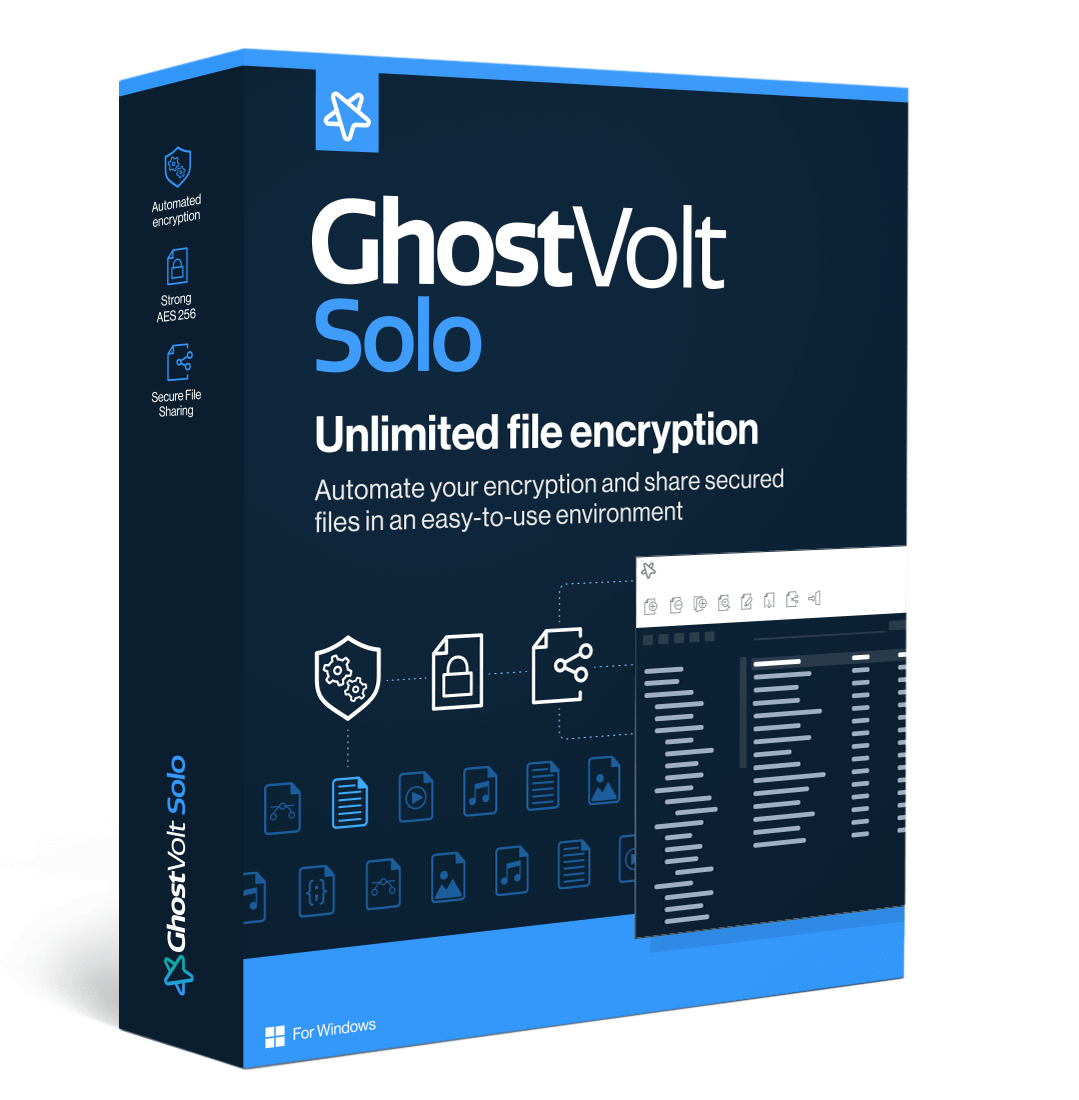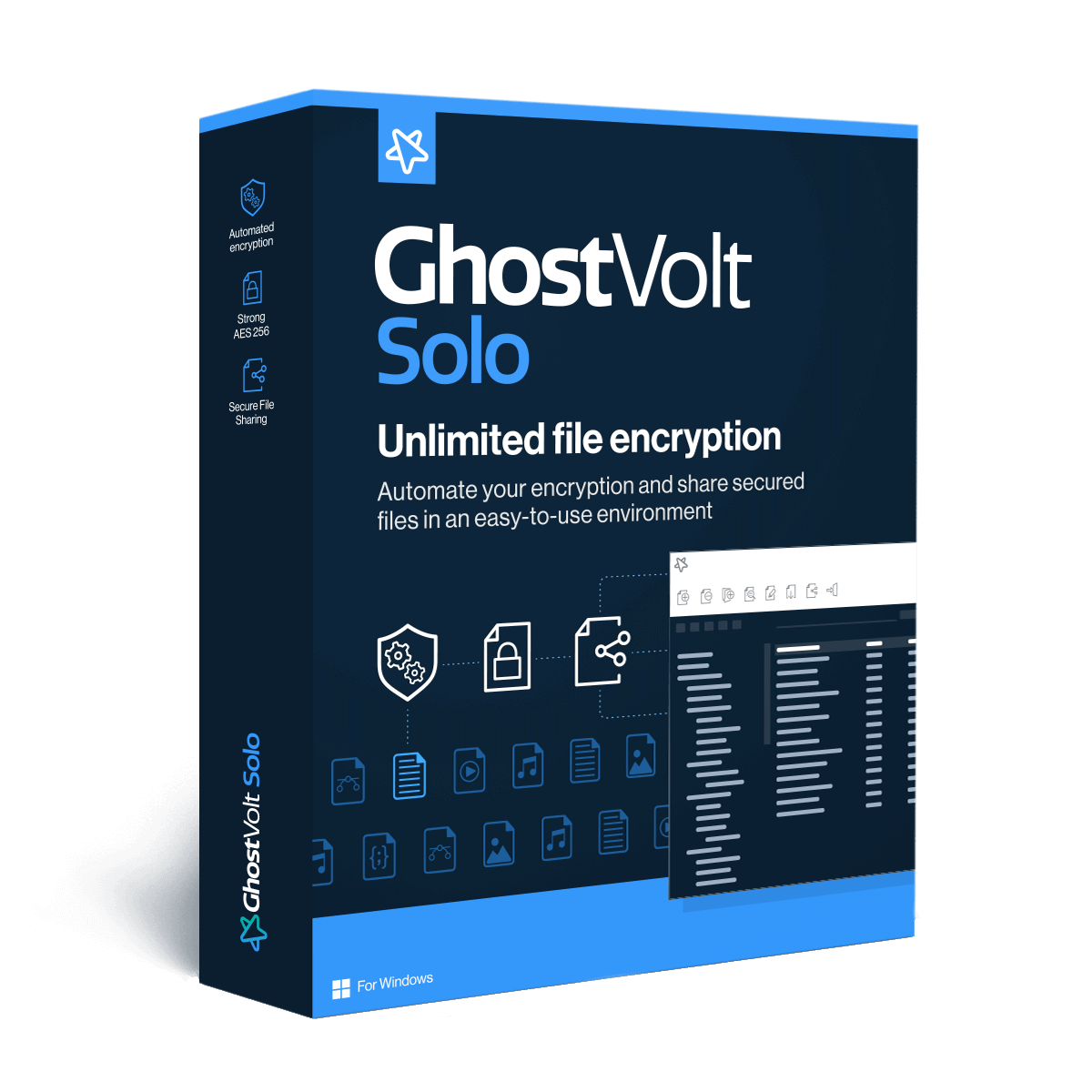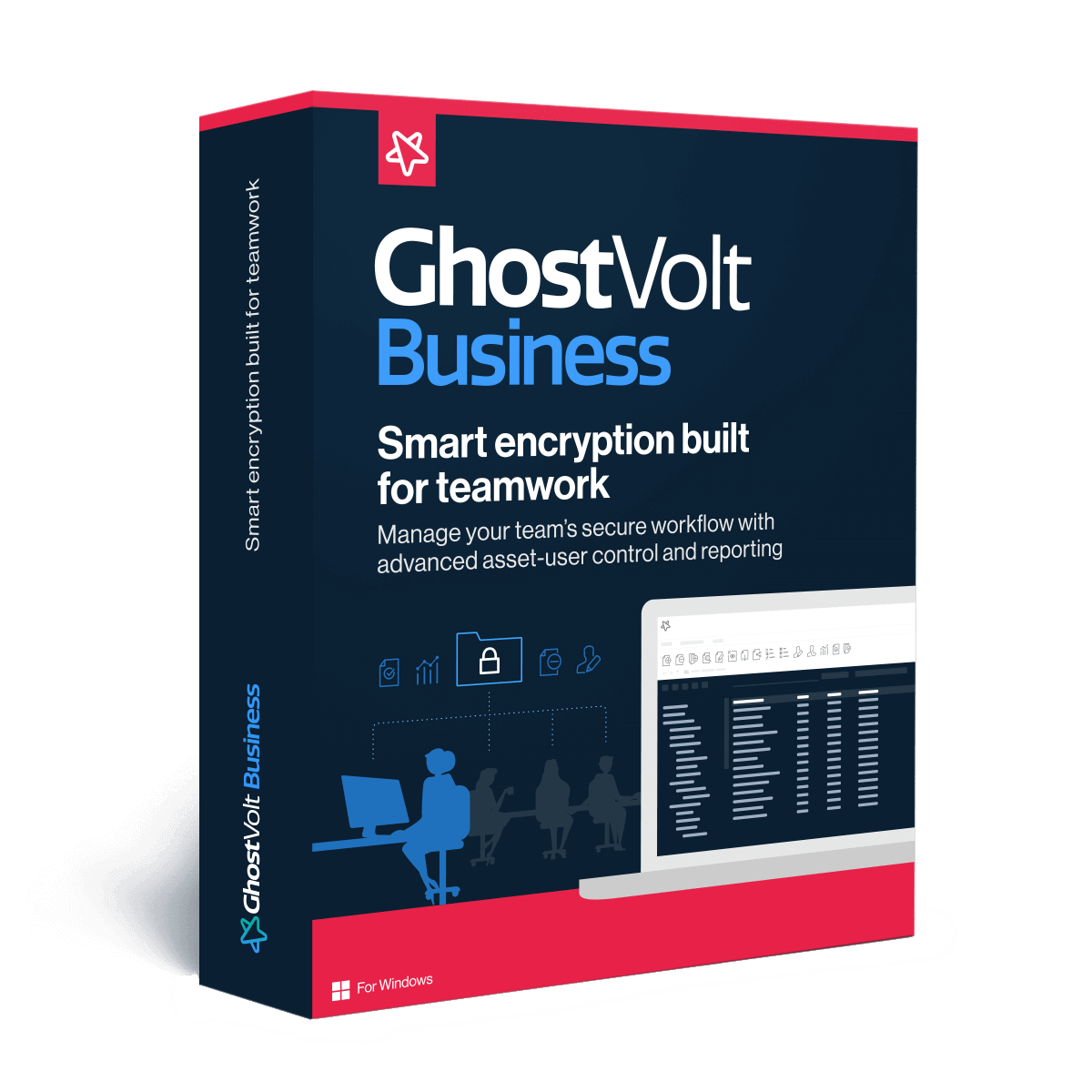The Future of Voting by Utilizing Blockchain Technology
A case for employing a fully decentralized and secure ledger to underpin the voting system.

With the recent presidential election drawn to a close, it is evident that there has got to be a better way of moving forward to handle remote voting. The concerns for individuals choosing to vote remotely are valid. Whether it be old age or fear of contracting COVID-19, every person has the right to vote and protect their self-interest.
This year's election sparked something unique that could take the voting system into a new security and flexibility era for citizens. The first mobile vote was cast in Utah County on a newly developed application called "Voatz." This mobile software application uses blockchain technology to anonymize and secure remote voting, thus allowing users to cast a ballot from anywhere in the world. The app's idea was targeted to enable military personnel overseas and those with disabilities the power to vote.
How Blockchain works
Let's look at blockchain technology and break down what makes it more secure. Think of Blockchain as a type of database, but it various distinctly from a traditional database. Regular databases store data in a tabular format, whereas Blockchain stores data in individual data blocks that are then strung together with other data blocks of related information. All this information is then strung together and decentralized.
Professional File Encryption for Everyone
GhostVolt Solo
Secure all your files with enterprise level automated encryption, secure file sharing and much more...

A Decentralized database means that no one person "owns" rights to the databases, but it is contributed to by everyone. This is a perfect setup for voting; everyone can contribute to over chain of blocks as they see fit. Blockchains are permanent and endless. The result for a decentralized blockchain system is you have a more reliable way of accepting and storing sensitive data about voters instead of keeping everyone's data in a flat, traditional database table. Data is stored in multiple blocks to provide a granular security level by spreading the information instead of keeping it all in one location.
How exactly is Blockchain more secure?
Aside from it being decentralized, Blockchain offers enhanced protection from those attempting to medal with or change information from blocks. For example, if a hacker or individual were to change data in a block of the overall voting chain, they would essentially make a separate copy of it for themselves as the unique hash value assigned to that block would change. Once that hash changes, it no longer matches the rest of the Blockchain and is rejected from the chain (thus leaving the original data untouched).
Apart from securing the integrity of voting data submitted, Users would also have to go through additional steps to authentication themselves in order to vote remotely. The Voatz app recently partnered with Jumio (an authentication solution owned by Palo Alto) to develop a fool proof solution for remotely identifying someone. Jumio, uses a combination of traditional authentication methods (showing proof of Identify) paired with performing a live video selfie to ensure the person voting is the intended individual.
Expect to see Blockchain technology worked into everyday applications, including our voting systems. Not only does it empower those who choose to want to vote remotely, but it is also more secure and solves some of the voting issues we had this year, like duplicated votes, multiple votes, and falsifying signatures for fraudulent entries. The current way of voting is stuck in the 20th century and is not sufficient to scale when humans are moving towards the future.
Resources:
Blockchain Explained - Investopedia
First presidential vote cast using blockchain technology - Fox News
Why blockchain-based voting could threaten democracy - Computerworld
Professional File Encryption for Everyone
GhostVolt Solo
• Enterprise level security
• Secure unlimited files
• Automated encryption
• Secure file sharing
• ... and more

Guest author Owen Dubiel
Information security specialist with a passion for spreading knowledge.


